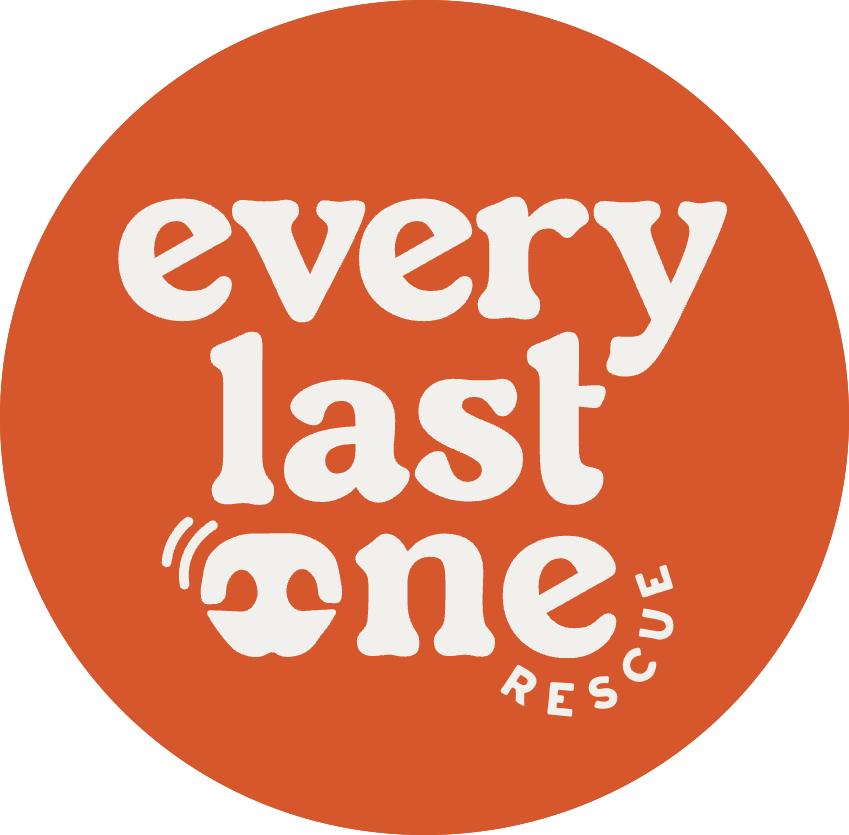Pet-housing FAQ
-
The state of New York prohibits laws banning certain breeds of dog, so there are no city-wide bans against any breed. However, this does not prevent bans and restrictions based on breed and weight in housing. Many buildings and landlords have their own rules, as well as additional fees and registration requirements for pets, so it is important to ensure you will be able to keep your pet in your home before adopting. For example, NYCHA housing prohibits dogs over 25 pounds and “full- or mixed-breed” Dobermans, Rottweilers, and pit bulls. Because of (false) stereotypes around these breeds as aggressive, they — along with German shepherds — are among the most commonly restricted or banned in housing.
-
This is the case for most rescue pups! Many adopters choose to do a pet DNA test out of their own curiosity, but often, dogs are judged more by appearance than DNA. Pit bulls are the most commonly banned type of dog, yet “pit bull” as a term refers to at least four different actual dog breeds and their mixes. Dogs with square heads and pit bull-like features may face more discrimination in housing due to misinformation and bias, so it is important to be informed about your building’s policies when adopting.
-
If your dog is an emotional support animal, even housing with breed and weight restrictions must permit you to keep them “as a reasonable accommodation for a disability, unless it would cause an undue hardship to the housing provider.” In other words, even dogs outside of a property’s breed and weight restrictions may be kept as emotional support animals, but you may be asked to provide confirmation from a treatment provider if it is not apparent how your pet assists with a disability. Emotional support animals are different from service animals, in that they provide support but do not need to be trained to perform service tasks. Trained service animals are even more protected by law.
If you have already had your pet for a while before your building raises an objection, you may also have some protection. According to the Mayor’s Office Of Animal Welfare:
“In some situations, New Yorkers have the right to keep an animal, even if their lease prohibits pets. If you live in a private building with three or more units and have kept a pet ‘openly’ and ‘notoriously’ for three or more months before the landlord began a court case to enforce the no-pet clause, you may have the right to keep your pet, per 27-2009.1 of the Administrative Code of the City of New York. If this applies to you, start gathering evidence that your pet has not been a secret. Adoption paperwork and letters from neighbors who have seen the pet are a great start.”
You can find more detailed info about these protections here.
It’s also important to remember, before signing a lease, that terms can be negotiated (with the exception of rent-stabilized or public housing). Leases should be looked at closely if you know you’d like to adopt a pet.
-
If you’ve adopted your pet from Every Last One or another rescue, reach out to the organization for help. If you’re unable to keep your pet, the rescue will likely be able to take them back and find them a new home.
If you don’t have the support of a rescue, here are some places to turn:
Animal Care Centers of NYC (NYCACC) offers support and resources for surrender prevention, including housing disputes. Call them at 212-788-4000
NYC Mayor’s Office For Animal Welfare outlines advice and protections if you’re facing eviction because of or with your pet.
The Mayor’s Alliance For NYC’s Animals has several resource pages, including legal help and temporary housing, as well as support for those who are experiencing domestic violence and are concerned about leaving pets behind.
PAWS NY can help find temporary foster placement in emergency situations.



